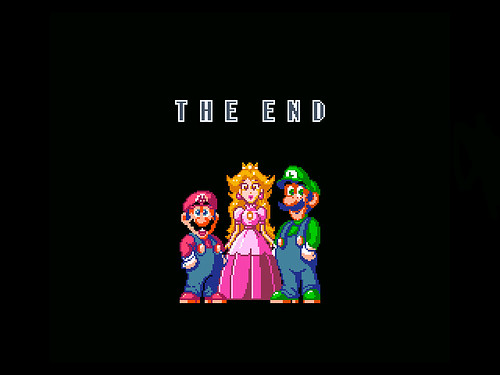Revised Conclusion
In this blog post, I will completely rewrite a new conclusion. To do this, I will utilize the punctuation reading and the comments that people left on my Google Doc.The comment "The start kind of sounds like you're continuing to analyze--perhaps give this a more, uh... "conclusive" feeling?" made me feel like I totally went about my conclusion wrong. I think I wanted there to be more of never-ending end to this because the topic cannot be concluded based upon one educated man's opinion. I felt like I ended it wrongly because I didn't want the reader to assume that his approach was the only correct approach. However, I am technically basing my paper off of this so I guess I need to write more like that. Also the comment, "Again bias. If you were to talk about how Tandel feels this way and then also included a counter argument to that statement, you would appear to have less bias." indicates that I am very bias! This person tends to pick at any sign of bias. I think that my author has a little bit though, and it is not my fault. However, I can probably limit the amount that I express in my writing.
However, I think that I would like somewhat of a greater direction for my conclusion. I wish the people provided more advice for changing it as opposed to what is wrong about it only. I would like to revisit this at a later date to better analyze and change my conclusion because I am still unsure and confused in the way that I need to change it.
 |
| JF10 "Super Mario World The End." 12/16/07 via flickr. Creative Common Attribution 2.0 Generic License. |
New/Revised Conclusion
Tandel’s rhetorical argument on artificial sweeteners helps the reader better understand the artificial sugar controversy. Through his use of his public image, credible information, and knowledge of the counterargument, he gives the reader a further insight on the controversey without directly stating his actual opinions. He also uses historical records and expert opinions to support his claims. Tandel utilizes these rhetorical strategies in order to create a basis for his rhetorical argument that being that artificial sweeteners are more harmful than beneficial. He argues in hopes that Americans will use the information he provides them in order to limit or even eliminate their consumption of artificial sweeteners. However, he provides the counterargument of the benefits in order to eliminate any bias.
No comments:
Post a Comment